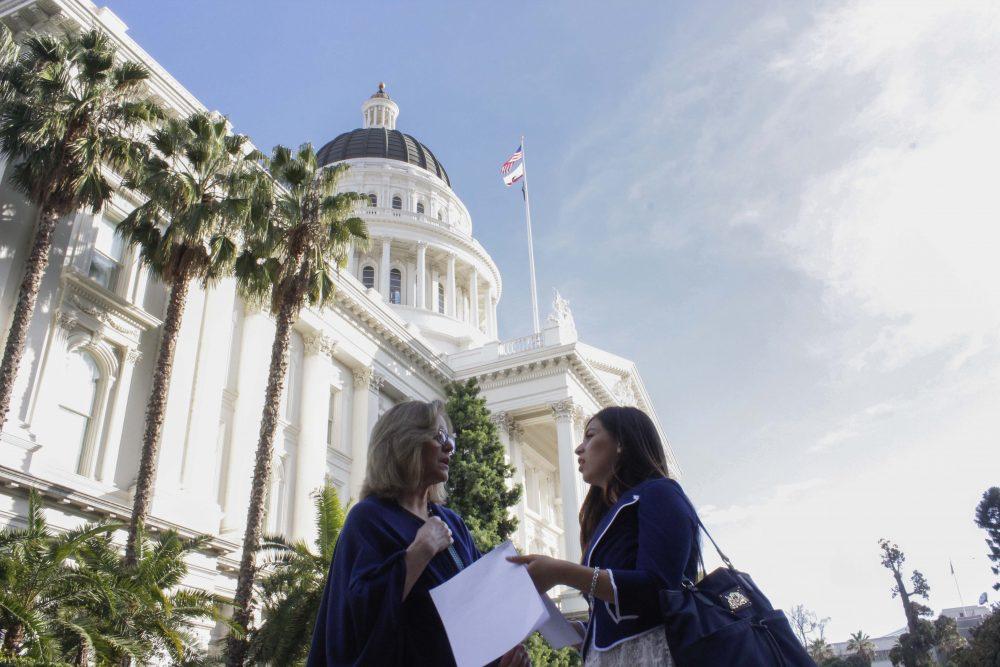A new bill signed by Governor Jerry Brown promises to give students a free year of community college upon their initial enrollment.
AB 19 was written by Miguel Santiago, who represents the 53rd District in the California State Assembly, in March and signed into law on Oct. 20. The bill will offer free community college to an estimated 19,000 first-time students and is expected to cost the state budget an additional $31 million.
AB 19 did not receive much opposition because of its similarities to the existing Board Of Governors Fee Waiver, which already heavily discounted tuition for over a million college students. The BOG was amended in April of this year and is now known as the California College Promise Grant.
Over the 2015-16 academic year, California Community Colleges served about 2.3 million students, with about 1.6 million students enrolling in each of the fall 2015 and spring 2016 semesters. For that same year, about 1 million students, or 43 percent of all students, received a BOG fee waiver—an equivalent of $800 million in waived fees.
Proposition 98 is intended to include the cost of AB-19 in the governor’s budget.
“It comes from Prop 98, it will come from the existing monies that are normally allotted to community colleges,” said Jaspreet Johl, a legislative aide at California State Assembly.
“The bill is based upon appropriations by the governor, so we are confident that he will have monies allocated towards this California Promise program in his January budget by July, so the earliest you will see free tuition is fall of 2018,” Johl said.
The financial aid department at American River College has no information on AB 19 yet but says It will not replace the Promise Grant. It will remain accessible to students alongside AB 19.
The Promise Grant itself is income-based. The grants income brackets change every year.
“Between last year and this year the difference is a few hundred dollars,” said Valdimir Kryuchkov, a financial aid advisor for ARC. “From what I see a majority of our students qualify for the BOG waiver. I would say about 80 percent.”
An individual with a family of three making $30,240 or less can qualify for the Promise Grant. If a student makes any more than the amounts posted however small, they will be denied.
Students can apply for AB 19 or CPG by filling out a Free Application for Financial Student Aide. A student will have a greater chance of approval for CPG using FAFSA. An AB 19 applicant does not have to worry about income requirements.
“Anyone who is first time, full-time is eligible. It’s not need-based, you don’t have to demonstrate financial need for that part of it.” said Paul Feist, Vice Chancellor for communications at the CCC Chancellors office.
In addition to promoting full-time enrollment, the ability of districts to provide the public with the simple message that students’ first-year of community college could include no fees may spur additional enrollment demand of both part-time and full-time students, according to Santiago.
“It takes away one of the stresses of attending school while trying to afford your livelihood. When I was paying for my first semester it was just an added bill that I didn’t feel I needed and therefore quit going,” said David Lebrovich, a first-year student at ARC who said he quit due to financial responsibilities and did not qualify for CPG.














